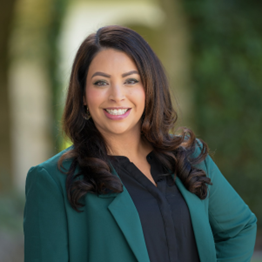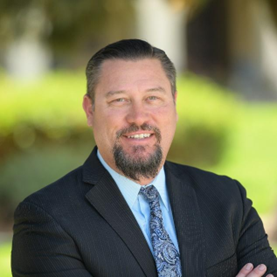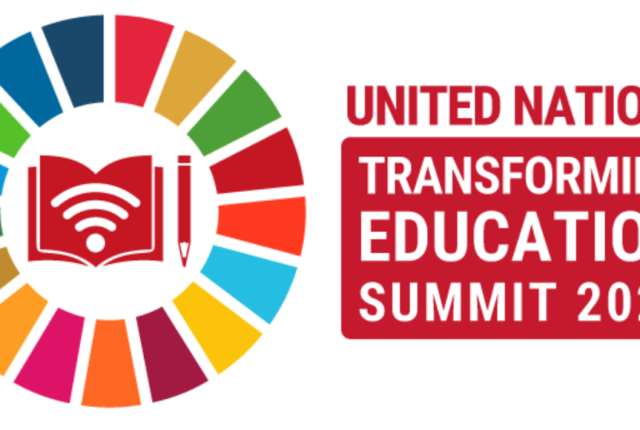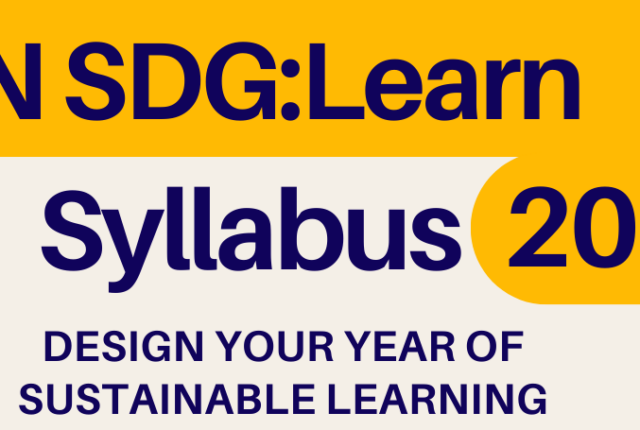By Dr. Liza Arellano, DSW, LCSW, and Dr. Philip Breitenbucher
The need for professional social workers is significant, with the U.S. Bureau of Labor Statistics projecting the demand for social workers will continue to grow, with an expected 67,300 job openings each year over the next ten years, up about 7% from 2023 to 2033 (U.S. Bureau of Labor Statistics, 2025). Social work is one of the fastest-growing careers in the United States, particularly in clinical, mental health settings, with 60% of mental health providers in the United States being Licensed Clinical Social Workers (LCSW) (Substance Abuse and Mental Health Services Administration, n.d.). Students in the Master of Social Work (MSW) Program at California Baptist University participate in a full-time, two-year rigorous program to fulfill the requirements of their Council on Social Work Education (CSWE)-accredited degree to become professional social workers.
California Baptist University is a faith-based institution located in the Southern California region, known as the Inland Empire, with an estimated population of about 4.6 million people (U.S. Census Bureau, 2023). The university is guided by student outcomes known as the Core 4: Academically Prepared, Biblically Rooted, Globally Minded, and Equipped to Serve. The MSW Program has approximately 330 students enrolled full-time across its in-person, hybrid, and online programs, many of whom are first-generation college students from diverse backgrounds. The program follows an Advanced Generalist model, exposing students to content in both clinical and community social work. This broadly prepares them to work across all sectors of social work practice, including child welfare, school mental health, healthcare, clinical, aging adults, policy, and substance abuse settings. Students also participate in part-time field practicums, where they practice skills learned in the classroom in real settings in their community. A unique aspect of the program is its emphasis on students’ overall professional development. This experience, ingrained throughout the curriculum, allows students to participate in various professional development opportunities to strengthen skills that will make them more marketable as they enter the job market.
The program’s Curriculum Committee regularly looks at the core coursework to ensure that the content addresses the current, distinctive needs of the social work field in a cost-effective way, reducing reliance on costly textbooks. One of the ways this is accomplished is by integrating external, open-access trainings and certifications into the curriculum. Each required course in the MSW program includes 1-2 external trainings developed by community and non-profit organizations. Examples include Motivational Interviewing trainings, Adverse Childhood Experiences certification (ACEs), and the SDG Academy’s course on Understanding Poverty and Inequality. These supplementary resources are integrated into classroom discussions, role plays, and assignments, and students are encouraged to include these trainings and certifications on their résumés.
The SDG Academy’s Understanding Poverty and Inequality MOOC is built into the program’s foundation Social Welfare Policy course, which employs a general systems approach as a framework for learning about policies, organizations, problem-solving, and change. Issues about adequacy, equity, access, and the direction of social services are considered when defining practitioners’ roles and strategies. The course addresses organizing on behalf of clients and professionals and the ethics of policy and administrative practices. It focuses on preparing social workers for innovative, effective, and integrated social work practice in diverse, complex, and urban environments. First, the course examines the history and philosophy of social work and social welfare policy in the United States regarding poverty, oppression, and marginalized groups. In addition, the course examines the social, cultural, economic, religious, and global influences that affect social policy. Next, the course focuses on policy analysis and addresses the role of policy in effective service delivery for vulnerable, marginalized populations.
The Social Welfare Policy course stresses the significance of personal values in policymaking as they influence decision-making processes, priorities, and the ethical considerations underpinning social policies. Values such as fairness, justice, compassion, and respect shape the perspectives of policymakers and practitioners, guiding them to develop policies that promote social equity and address systemic inequalities. Recognizing the importance of personal values ensures that policies are effective, ethically sound, and aligned with societal needs, which is why Understanding Poverty and Inequality adds much value to our Policy course. Both aim to deepen understanding of social disparities and identify opportunities for intervention at individual, community, national, and global levels. Students learn how policies can perpetuate or alleviate inequality by examining historical and social contexts of poverty. The integrated approach encourages future practitioners to develop strategies that ensure no one is left behind, fostering a commitment to social justice and inclusive development.
Incorporating Understanding Poverty and Inequality also helps the students empathize with those living in poverty. Empathy is vital in policymaking, enabling policymakers to understand and share the experiences of marginalized and vulnerable populations. Empathetic policy development ensures that the needs and voices of those affected are prioritized, leading to more responsive and effective social interventions. Empathy fosters trust, enhances stakeholder engagement, and promotes culturally sensitive and ethically grounded policies, ultimately contributing to more equitable social outcomes. In course evaluations, students have commented on how much their perspectives have changed regarding the intersectionality of social work and policy making.
After completing the course, one student stated, “I now understand the vital role policy plays in shaping the lives of individuals and communities, and I am beginning to grasp how social workers can leverage policy to effect meaningful change. Through our discussions and coursework, I have come to understand the intricate connections between policy, social justice, and advocacy. I have learned how social policies can perpetuate or alleviate social inequalities” (CBU MSW Student).
In conclusion, engaging in external learning activities beyond the textbook offers numerous benefits, including exposure to diverse perspectives, practical experiences, and real-world challenges. Such activities—like internships, community service, conferences, and international exchanges—enhance critical thinking, cultural competence, and professional skills. They provide opportunities for networking, collaboration, and applying theoretical knowledge in practical settings. These experiences enrich students’ understanding of social issues and prepare them for effective practice in complex, dynamic environments. The SDG Academy’s Understanding Poverty and Inequality course supports our mission to develop the “whole” student, and we recommend adding the online course to all Social Welfare Policy programs with similar missions.
References
Substance Abuse and Mental Health Services Administration. (n.d.). Reports and data tables [Webpage]. U.S. Department of Health and Human Services. Retrieved August 25, 2025, from https://www.samhsa.gov/data/all-reports
U.S. Bureau of Labor Statistics. (2025, April 18). Social workers (Occupational Outlook Handbook). U.S. Department of Labor. https://www.bls.gov/ooh/community-and-social-service/social-workers.htm#tab-6
U.S. Census Bureau. (2023). QuickFacts: Riverside County, California. U.S. Department of Commerce. Retrieved August 25, 2025, from https://data.census.gov/all?q=riverside+county
U.S. Census Bureau. (2023). QuickFacts: San Bernardino County, California. U.S. Department of Commerce. Retrieved August 25, 2025, from https://data.census.gov/all?q=san+Bernardino+county

Dr. Liza Arellano, DSW, LCSW, is an Assistant Professor and the Master of Social Work (MSW) Program Director at California Baptist University (CBU). She has over 15 years of experience in child welfare, including in residential placements, conducting child abuse and neglect investigations, training and development of staff, supervising blended and specialized units, and managing multiple child welfare placement programs. Dr. Arellano’s research includes increasing diversity in graduate social work programs, improving outcomes for youth in congregate care, preventative child welfare services, and the effectiveness of on-the-job training for child welfare social workers.

Dr. Philip Breitenbucher serves as an Associate Professor of Social Work and Director of the Professional and Career Development in the Division of Social Work at California Baptist University. He has authored numerous papers and provides consulting services to numerous organizations and school districts nationwide. His research interests include leadership, organizational change, substance use prevention, and the intersection of juvenile justice and substance use.




